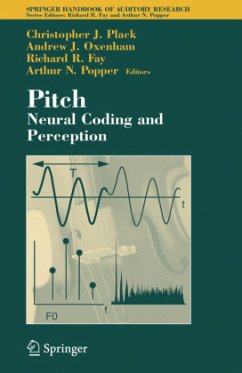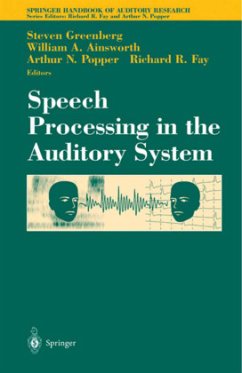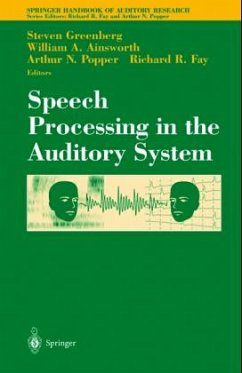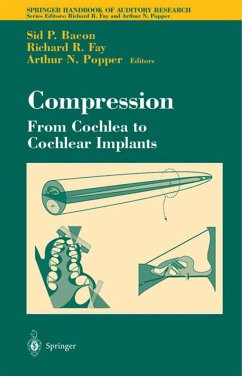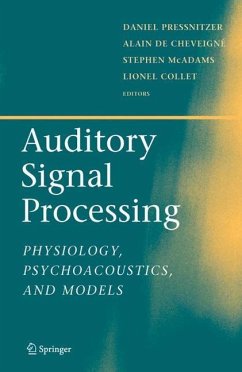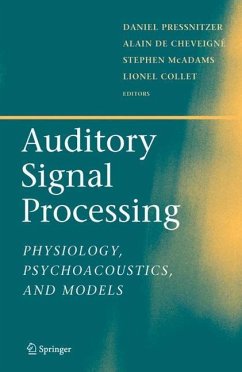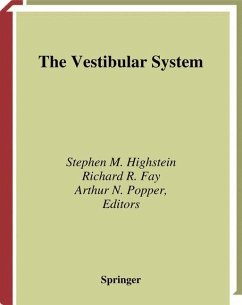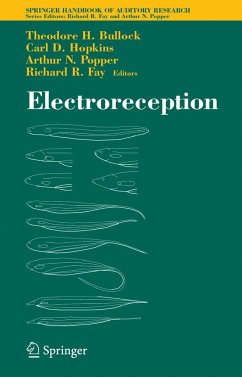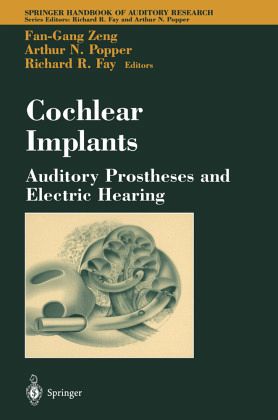
Cochlear Implants: Auditory Prostheses and Electric Hearing
Versandkostenfrei!
Versandfertig in 6-10 Tagen
166,99 €
inkl. MwSt.

PAYBACK Punkte
83 °P sammeln!
Cochlear implants have instigated a popular but controversial revolution in the treatment of deafness. This book discusses the physiological bases of using artificial devices to electrically stimulate the brain to interpret sounds. As the first successful device to restore neural function, the cochlear implant serves as a model for research in neuroscience and biomedical engineering. These and other auditory prostheses are discussed in the context of historical treatments, engineering, psychophysics and clinical issues as well as implications for speech, behavior, cognition and long-term effec...
Cochlear implants have instigated a popular but controversial revolution in the treatment of deafness. This book discusses the physiological bases of using artificial devices to electrically stimulate the brain to interpret sounds. As the first successful device to restore neural function, the cochlear implant serves as a model for research in neuroscience and biomedical engineering. These and other auditory prostheses are discussed in the context of historical treatments, engineering, psychophysics and clinical issues as well as implications for speech, behavior, cognition and long-term effects on people.



